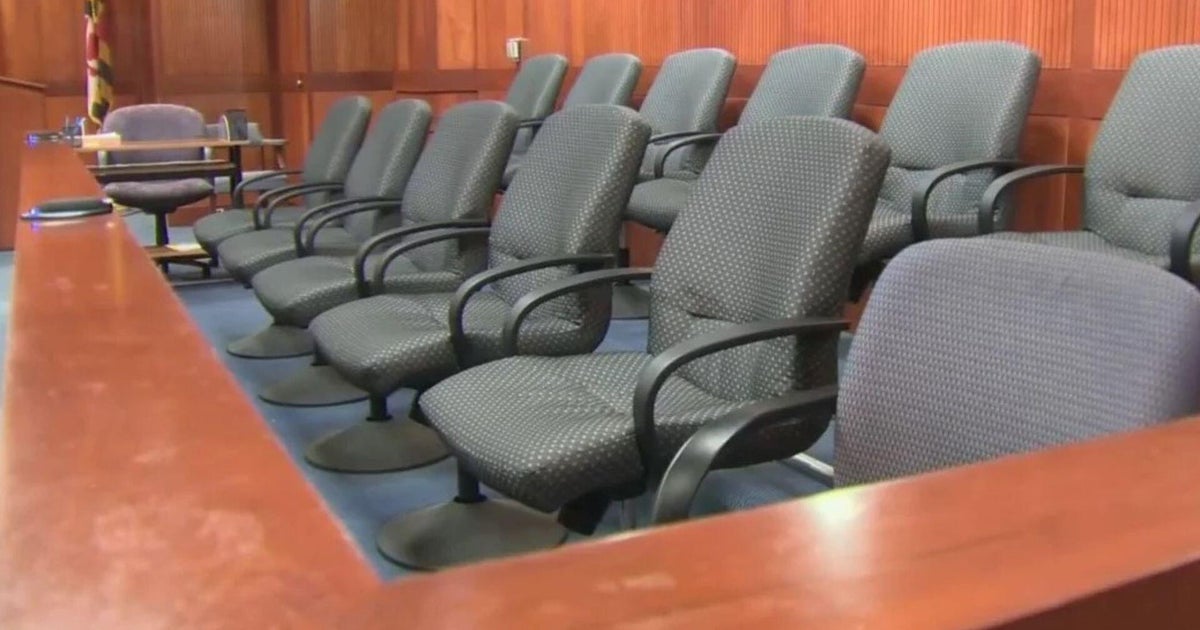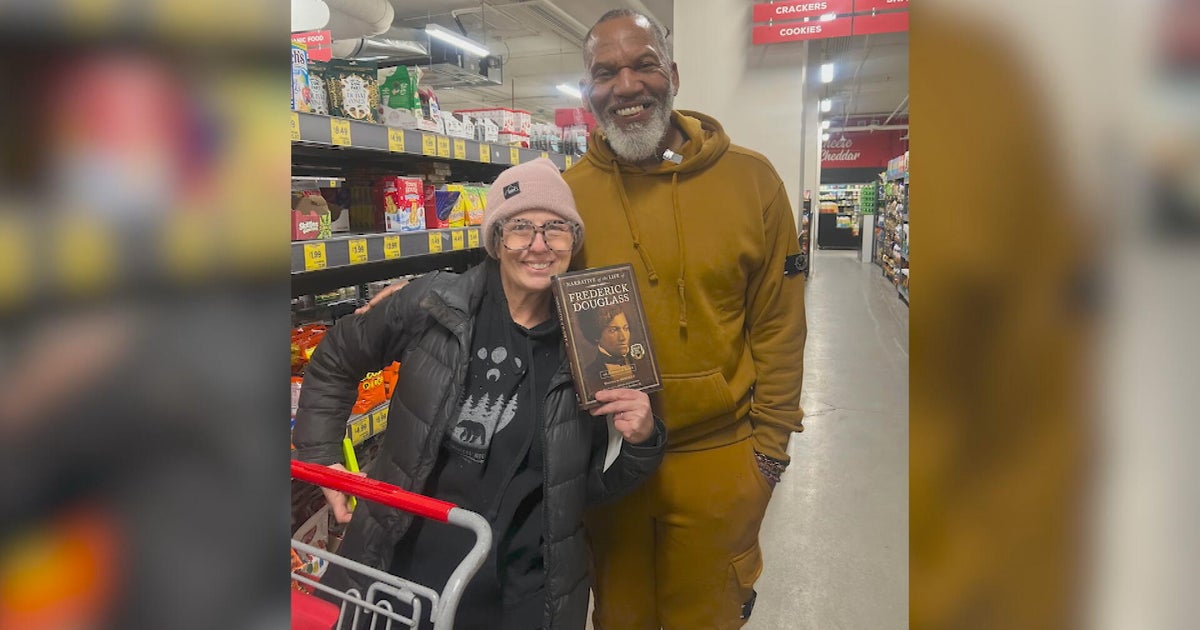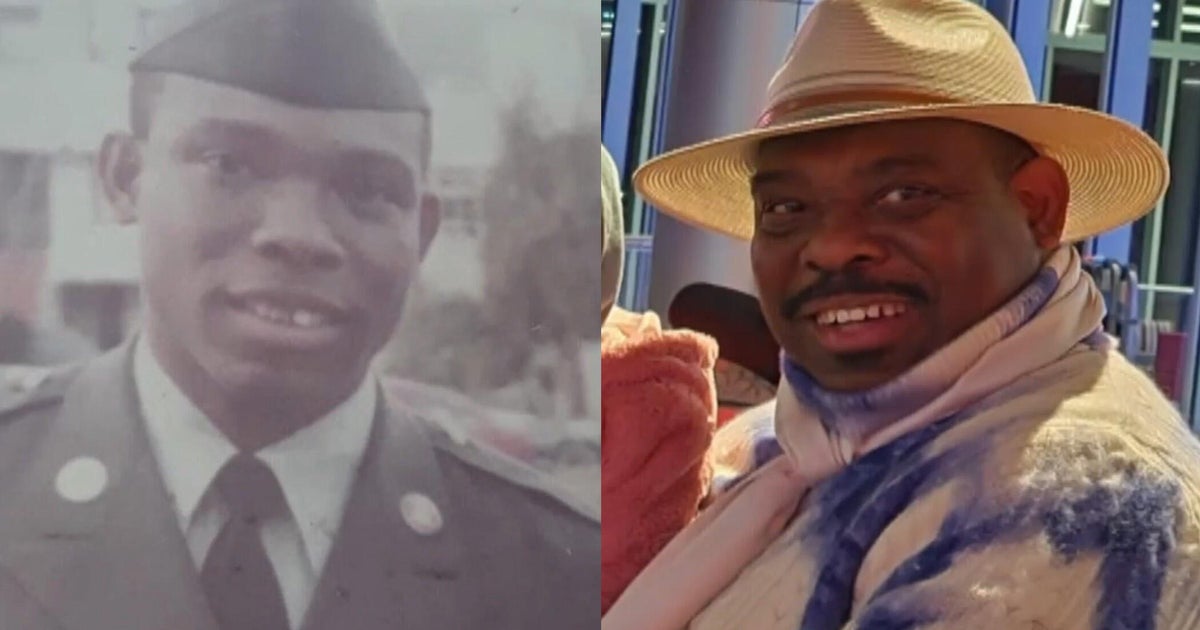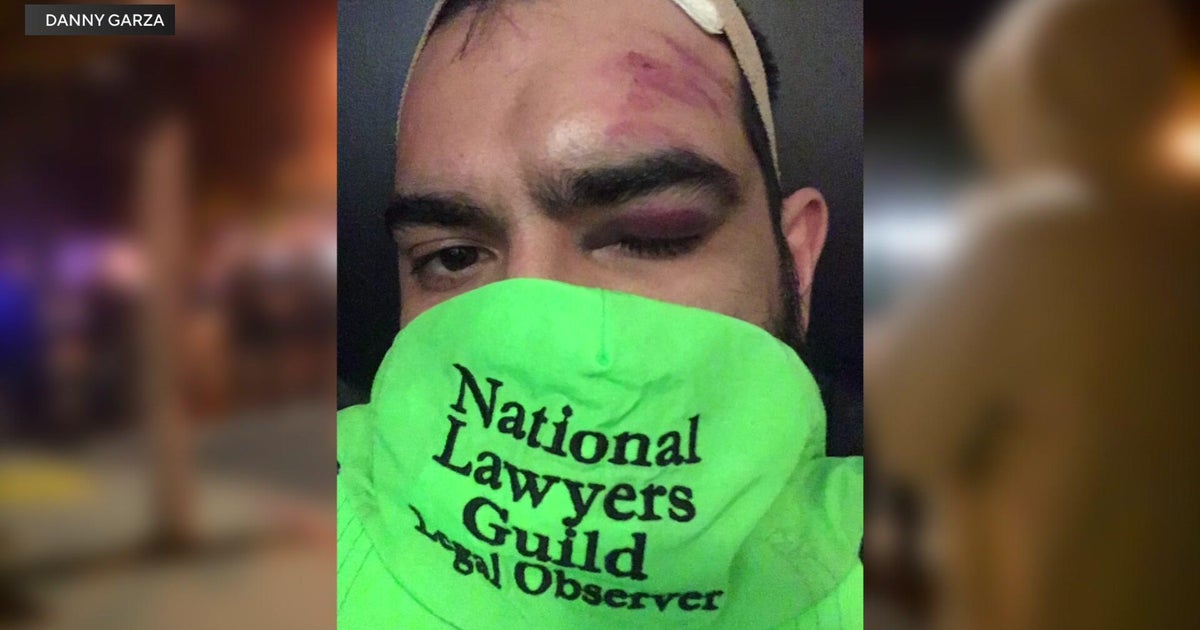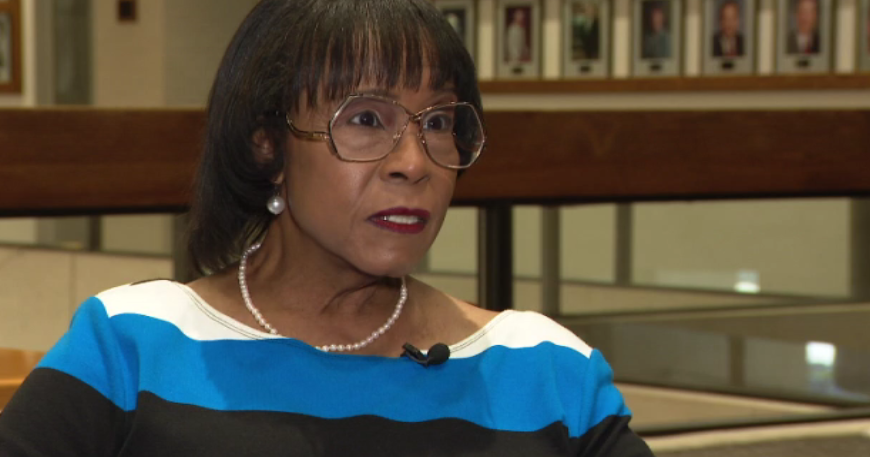Man Devotes Decades To Civil Rights
KELSI LOOS
The Frederick News-Post
FREDERICK, Md. (AP) -- Harvey Zeigler has spent decades as a civil rights champion in a journey that began when he was a child.
The Damascus man has not cowered in the face of racial discrimination. When he left the Army after serving in World War II, the local American Legion post would not accept him into its ranks, he said, because he is African-American.
So in 1947, he began an AMVETS charter in Frederick. The group provided a wide variety of educational, housing and employment services to veterans and is still active today.
"I wanted to do something to help the people who had just come back from the Army," he said this month in an interview on his 95th birthday.
Zeigler's interest in civil rights began at an early age. When he was growing up, segregation was law.
He would run to the store or help anybody, he said, white or black. So he couldn't make sense of why he wasn't allowed to eat at the lunch counter with everyone else.
"When I was coming up in Damascus, I'm telling you, it was rough, because it was a farm town and ... you didn't have too much freedom," he said.
During World War II, he served in a segregated company led by a white officer, guarding food and ammunition and gas. He saw combat while stationed in Aachen, Germany.
Being led by a white officer didn't cause any tension among the troops, Zeigler said, because that was normal in the segregation era.
He first witnessed an integrated society while serving in France. He had heard about blacks and whites living together from expatriate African-American artists such as James Baldwin, but he had never witnessed it in reality.
Seeing how the races lived side by side in France, he said, fanned the flames of his desire for social justice.
"You knew we had a problem and we had to do something about it," Zeigler said.
It was not easy finding solutions to the problem, and as soon as he was back home from the Army, Zeigler faced more racial discrimination in the business world.
Zeigler requested a loan in 1945 after he came out of the Army to buy two trucks to start a trucking business. His loan was denied, he said, because of his race.
That moment compelled Zeigler to join the NAACP, where he was a youth director. He set up protests and conferred with the national offices in New York.
"People threatened you and everything else, and parents didn't want their kids out in the streets," he said, talking about the challenges of the position.
The highlight of his activism, he said, was participating in the March on Washington and listening to Martin Luther King Jr.'s famous speech.
"It was inspiring," he said. "He can speak. He had everybody's attention."
Zeigler isn't as active in the movement today as he once was. He is no longer able to drive himself to meetings at night, for example, so he has slowed down a bit.
However, he still does what he can to advance race relations. He recently spoke at the Montgomery Council Panel on Race and was presented the Humanitarian Award at the recent Martin Luther King Jr. celebration at the Strathmore.
"I said it was long coming," he joked.
Looking to the future, Zeigler said he is concerned that some of the things civil rights advocates fought for might be lost, particularly voting rights laws.
Racism is a little trickier to fight now, he added, because it is less blatant.
Sheila Zeigler Arnold, his daughter who lives in Frederick, said the whole family has learned from Zeigler and united around his example.
She is involved with ministry and works mentoring teens and young girls.
"It really enlightened me," she said. "My whole family does this, but I know it's definitely something that's rooted in me."
(Copyright 2015 by The Associated Press. All Rights Reserved.)

